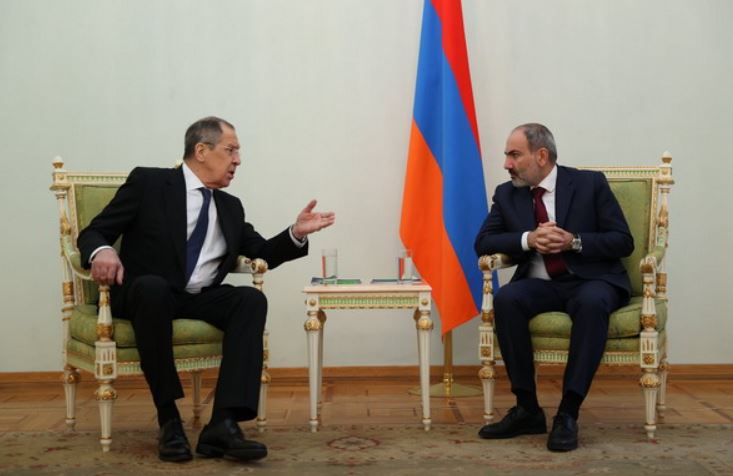The French philosopher Jean-Paul Sartre said that nothing changes as often as the past, probably because our perceptions of the past change due to our perceptions of the present. Moreover, it is about both individual and collective experience. It also happens that we know very well what happened in the past, but it is convenient for us to present the cases in a distorted way to satisfy our aspirations or needs. Naturally, such an approach is first and foremost specific to politicians.
One of the main theses of Prime Minister Pashinyan’s speech yesterday was that we could have avoided the war, but we would have the same situation we have now, but without casualties. First of all, I personally do not consider the lives of more than 3,700 people to be a “small detail” that allows us to talk about the “same situation” in principle. But it is clear that politicians, and especially heads of state, follow a different logic.
Second, the situation would not be the same territorially. On this occasion, let me recall Russian Foreign Minister Sergey Lavrov’s speech and questions-and-answers from April 21, 2020 (watch from about 60 minutes). Lavrov says that a year before that, in April 2019 during a meeting in Moscow, the Foreign Ministers of Armenia and Azerbaijan were offered a step-by-step solution to the problem. In the first stage, according to the Russian Foreign Minister, the solution of the most urgent problems was envisaged.
That is, Armenian forces are withdrawing from a number of regions around Nagorno-Karabakh (Lavrov says “liberation of a number of regions in the Nagorno-Karabakh region”), as well as blocking communications. Thus, in 2018-2020, there was an opportunity to preserve the former Nagorno-Karabakh Republic and the Lachin corridor with the deferred status of Artsakh without going to war. However, the Armenian government preferred to solve the problem from “its own point” or “zero point.” Yes, there was that opportunity until 2018. But Robert Kocharyan, Serzh Sargsyan, as well as Nikol Pashinyan, refused that opportunity.
Read also
However, when it is said that “the situation would be the same,” a “subtlety” is omitted, about which the former and the present regimes do not speak. I use the word subtlety in quotation marks because the difference must be more than obvious to any observer. Even if “territorially the situation would be the same,” it would be radically different politically. It is one thing when you come to a negotiation option and act as a subject of settlement, it is another thing when you are defeated in a war and the winner demands a strategist from you. The former and the present regimes understand the phrase “hand over the lands” in the same way, but there are very different scenarios behind it.
Aram Abrahamyan






















































